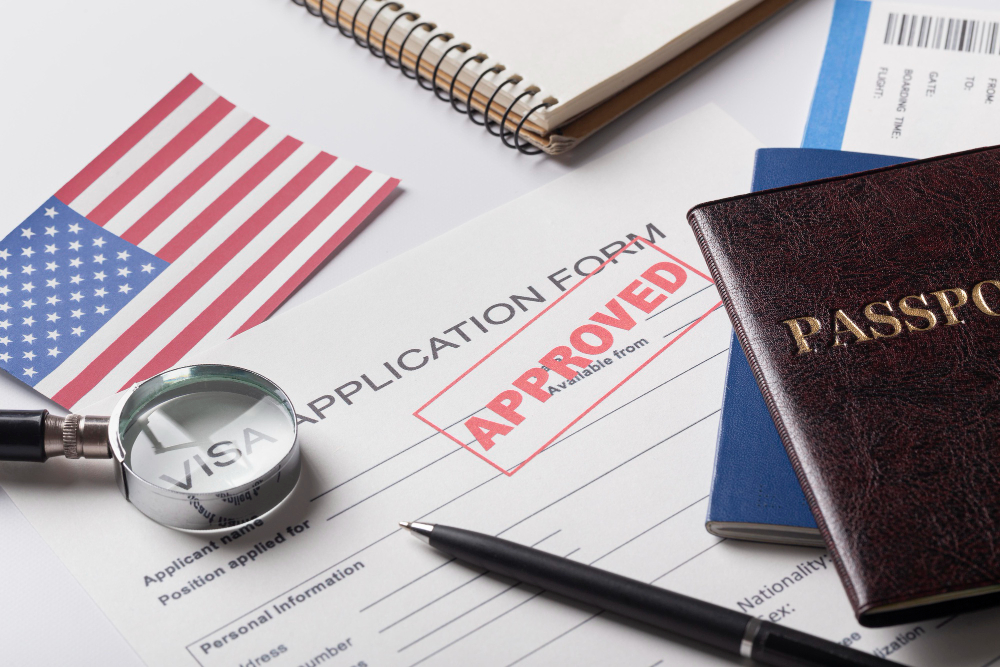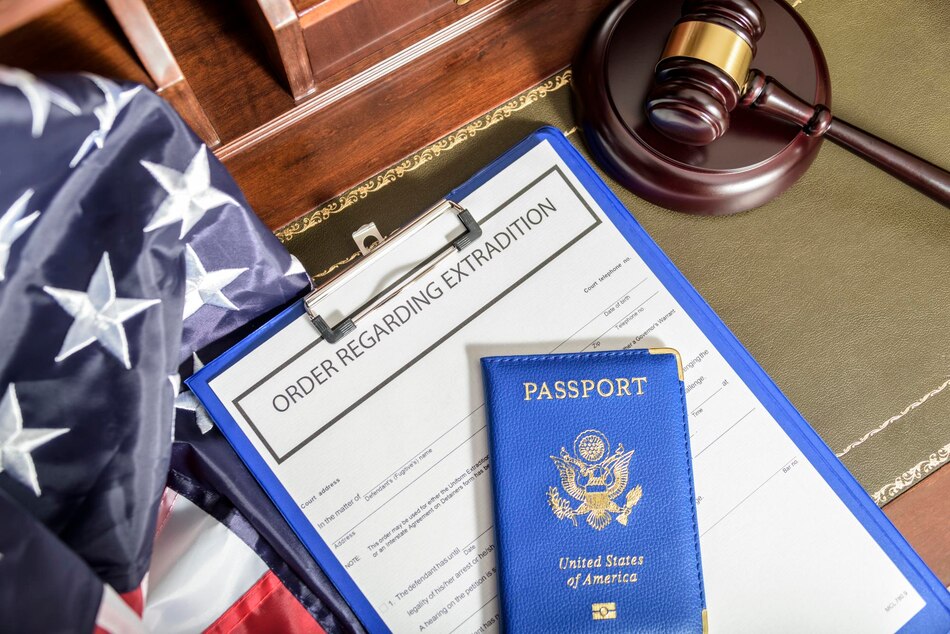Introduction
As the landscape of immigration law continues to evolve across the United States, Florida has recently introduced significant changes that warrant careful examination. This blog delves into the intricacies of Florida’s new immigration laws, exploring the motivations behind these changes, their potential impact on immigrant communities, and the broader implications for the state.
Understanding the New Immigration Law in Florida
Florida, known for its diverse population and economic vibrancy, has enacted new immigration laws aimed at addressing various aspects of immigration policy within the state. These laws cover a range of issues, from law enforcement practices to employment eligibility verification, reflecting both national and state-level considerations.
1. Enforcement and Cooperation with Federal Authorities
One notable aspect of Florida’s new immigration laws is the emphasis on collaboration between state and federal authorities in matters of immigration enforcement. Proponents argue that enhanced cooperation fosters public safety, ensuring that individuals with criminal records or immigration violations are appropriately addressed.

2. Employment Eligibility Verification
The new laws also include measures to strengthen employment eligibility verification processes. Employers are subject to more stringent requirements for verifying the work eligibility of their employees, aligning with federal standards while placing an added emphasis on preventing unauthorized employment.
3. Sanctuary Cities and Prohibitions
Florida’s new immigration laws take a stance against the concept of sanctuary cities, municipalities that limit cooperation with federal immigration enforcement. The laws seek to ensure that local law enforcement agencies actively engage with federal authorities, reflecting a broader national debate on the role of localities in immigration enforcement.
4. Legal Consequences for Noncompliance
Noncompliance with the new immigration laws in Florida carries legal consequences. From fines for employers who knowingly hire unauthorized workers to potential penalties for local governments that adopt sanctuary policies, these measures underscore the state’s commitment to aligning with federal immigration priorities.

5. Impact on Undocumented Immigrant Communities
While proponents argue that these laws enhance public safety and immigration enforcement, critics express concerns about potential negative consequences for undocumented immigrant communities. They worry that increased collaboration between state and federal authorities may foster fear and discourage certain populations from engaging with law enforcement or accessing essential services.
Implications for Business and Economic Landscape
Florida’s economy is closely intertwined with immigrant contributions, and the new immigration laws may have implications for the business and economic landscape. Employers are advised to stay informed about the changes in employment verification procedures and ensure compliance to avoid legal repercussions.
Challenges and Controversies
The implementation of new immigration laws is not without challenges and controversies. Striking a balance between public safety, economic considerations, and the protection of vulnerable populations remains a complex undertaking. The state must navigate potential legal challenges and address concerns related to civil liberties and equal protection under the law.
Looking Ahead: The Future of Immigration Policies in Florida
As Florida implements these new immigration laws, ongoing dialogue and evaluation are essential to assess their effectiveness and impact. Advocacy groups, legal experts, and community organizations play a crucial role in shaping the narrative around immigration policies, ensuring that they align with the values of inclusivity, fairness, and respect for the rights of all residents.
Conclusion
Florida’s new immigration laws represent a significant shift in the state’s approach to immigration policy. As the implications unfold, it is essential for residents, businesses, and advocacy groups to stay informed about the changes, engage in open dialogue, and actively participate in shaping the future of immigration policies in the Sunshine State. The dynamic interplay between state and federal priorities, as well as the balance between enforcement and inclusivity, will continue to shape the trajectory of immigration laws in Florida for years to come.
Frequently Asked Questions (FAQ) – Florida’s New Immigration Laws
1. What are the key changes in Florida’s new immigration laws?
- Florida’s new immigration laws involve increased cooperation between state and federal authorities, enhanced employment eligibility verification, prohibitions on sanctuary city policies, and legal consequences for noncompliance.
2. How do the new laws affect employment eligibility verification?
- The new laws impose more stringent requirements on employers for verifying the work eligibility of their employees, aligning with federal standards and emphasizing the prevention of unauthorized employment.
3. What is the stance on sanctuary cities in Florida’s new immigration laws?
- Florida’s new immigration laws take a position against sanctuary cities, advocating for increased collaboration between local law enforcement agencies and federal immigration authorities.
4. What legal consequences are associated with noncompliance?
- Noncompliance with the new immigration laws may result in fines for employers who knowingly hire unauthorized workers and potential penalties for local governments that adopt sanctuary policies.
5. How do these laws impact undocumented immigrant communities?
- Critics express concerns that the laws may create fear within undocumented immigrant communities, potentially discouraging engagement with law enforcement or access to essential services.
6. What implications do the new laws have for businesses in Florida?
- The new laws have implications for businesses, particularly in terms of employment verification procedures. Employers are advised to stay informed and ensure compliance to avoid legal repercussions.
7. Are there potential legal challenges to Florida’s new immigration laws?
- The implementation of new immigration laws may face legal challenges related to civil liberties and equal protection under the law. Ongoing evaluation and dialogue are crucial to address potential legal concerns.
8. How can advocacy groups and community organizations contribute to the dialogue around immigration policies in Florida?
- Advocacy groups and community organizations play a crucial role in shaping the narrative around immigration policies. They can actively engage in open dialogue, provide resources, and advocate for policies aligned with inclusivity and fairness.
9. What is the future outlook for immigration policies in Florida?
- The future of immigration policies in Florida will depend on ongoing dialogue, evaluation of the laws’ impact, and the collective efforts of residents, businesses, and advocacy groups to shape policies that align with the state’s values.
10. How can individuals stay informed about changes in Florida’s immigration laws?
- Individuals can stay informed by regularly checking official government sources, legal updates, and engaging with community organizations that provide information and resources related to immigration policies in Florida.











